
... The assumption of a deep and creative bond with nature and the elevation of the uniquely individual over the mechanized and standardized, made it hospitable to the deeper ethos of idleness. Which is to say: to the rhythms and expressions of life unfettered. Witness the poetry in England of Wordsworth, William Blake, Samuel Taylor Coleridge, Percy Bysshe Shelley, and John Keats, or that of Friedrich Hölderlin and Novalis in Germany. Is there a purer, more lyrically nuanced expression of this languor of being than Keats’ “Ode to Autumn,” though here idleness has shifted from a state of possibility to one of almost dazed fulfillment? The poet invokes the season personified:
Who hath not seen thee oft amidst thy store?
Sometimes whoever seeks abroad may find
Thee sitting careless on a granary floor,
Thy hair soft-lifted by the winnowing wind ...
There is a long-standing connection, a harmony, between literary expressions of idleness and the invocation of the gods, and the lesser rural deities, such as populate the Eclogues. Milton’s “Lycidas” (1637), a pastoral elegy, draws directly on the Virgilian model. The poet’s lament for his deceased friend reimagines a former happy rural leisure—the shepherd in his idleness—complete with “oaten flute” and “rough satyrs” dancing, before the gods see fit to steal it away. We find a similar conflation of the bosky world of the pagan gods and the more leisurely disposition of impulses and affections in Shakespearean comedies, such as A Midsummer Night’s Dream and As You Like It, where customary strivings are overtaken by an almost antic lightness of being.
Read the rest here.
Eagles, Learn To Be Still









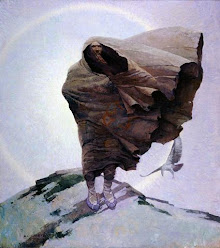














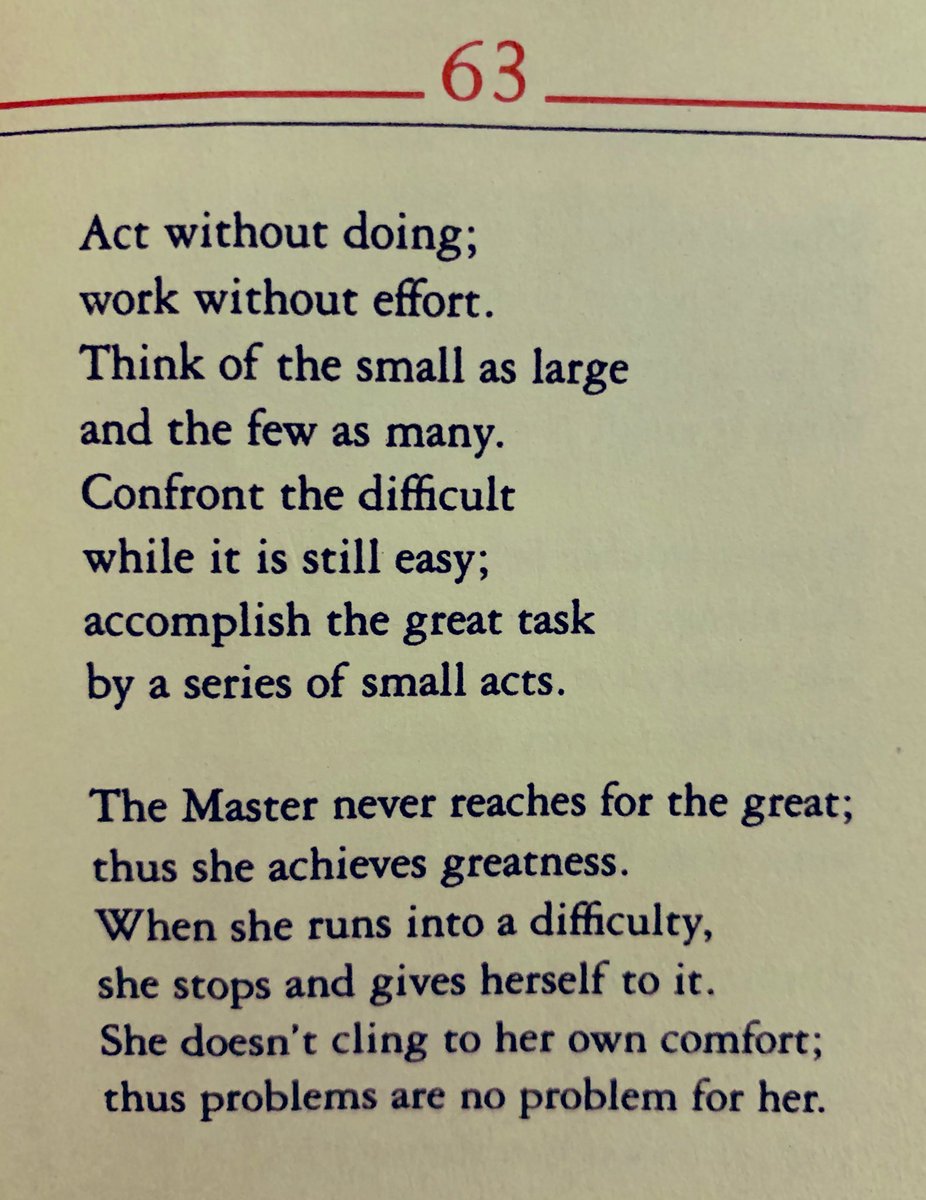









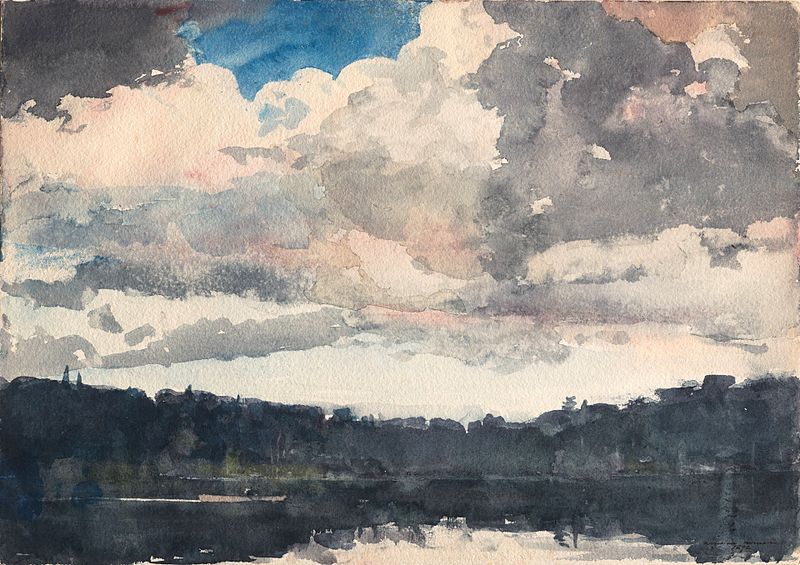





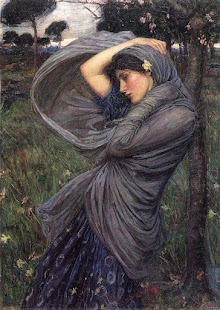














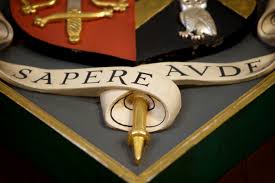






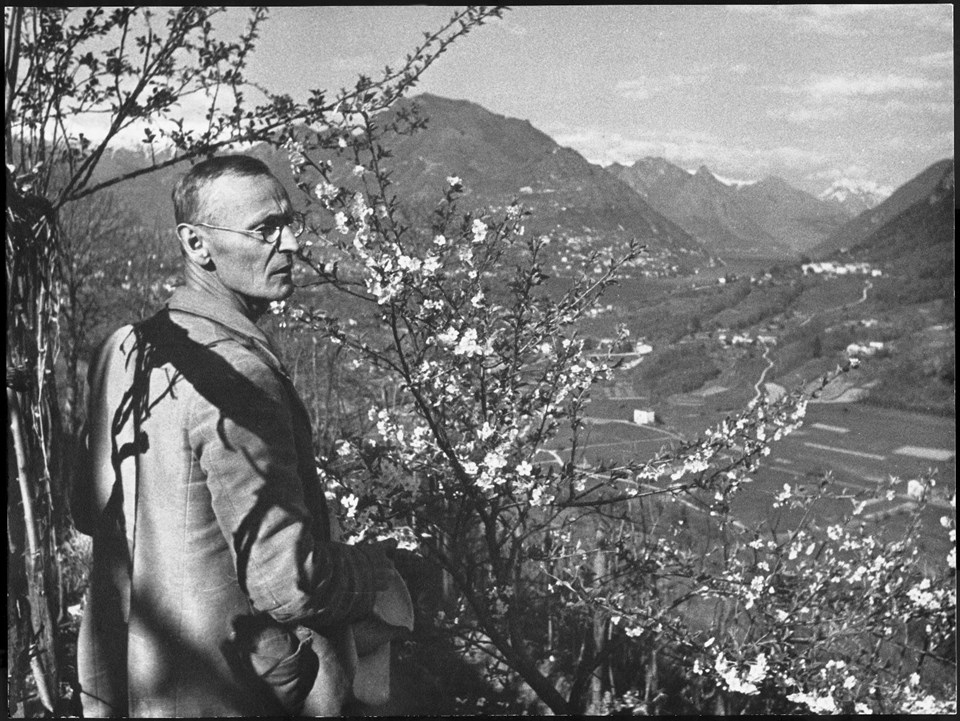


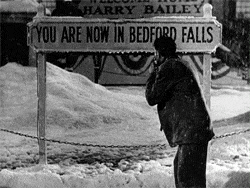







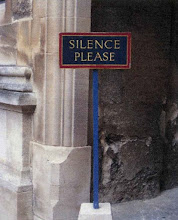









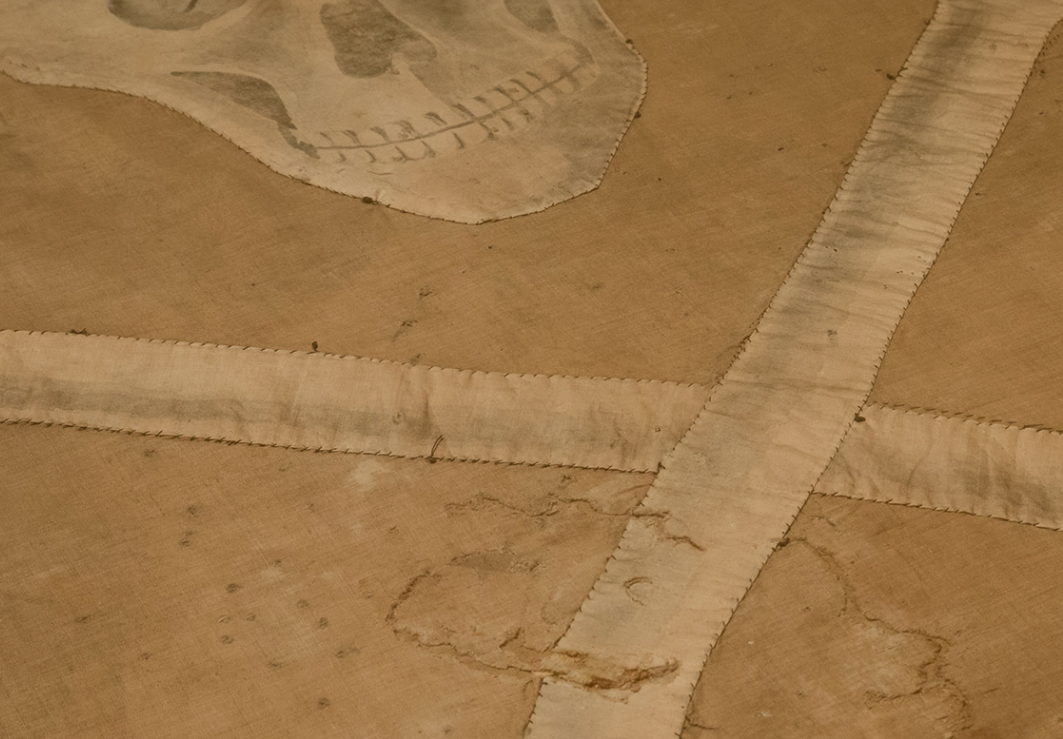

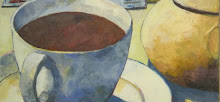
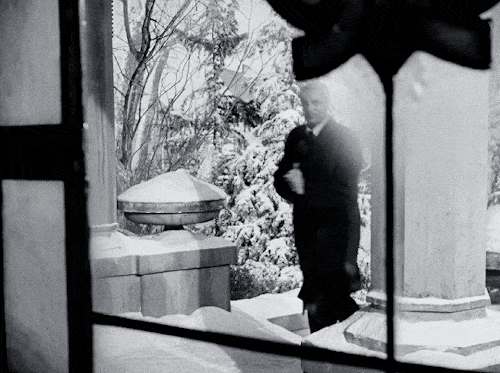


















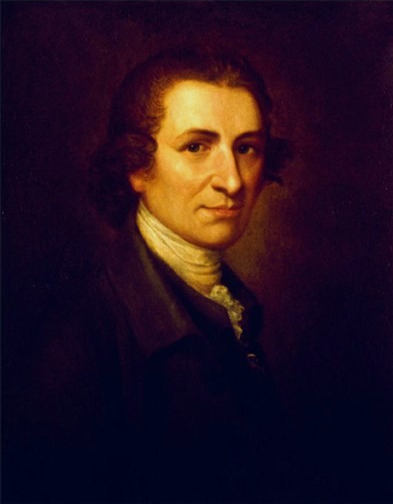


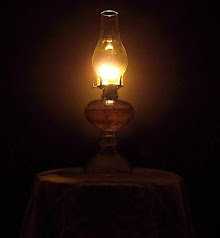







No comments:
Post a Comment